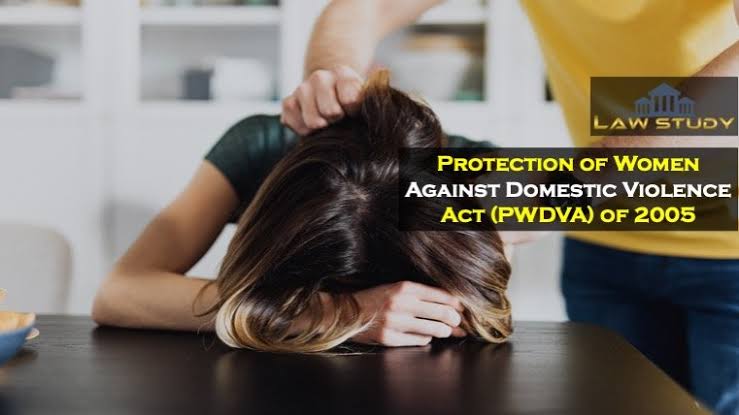


Leges posteriores priores contrarias abrogant, is a legal maxim which translates to mean that the statute which has been enacted at a later stage shall have prevalence over the earlier one. Principles of interpretation of statutes put forward that at instances where two Special Legislations contain such non-obstante clauses that they intersect with each other, the later law shall stand taller.Recent times have warranted the need for newer outlooks, which has come to be satisfied by means of judicial pronouncements that suggest that attempts shall be made towards harmonising the functioning of both the legislations in conflict, which can be affirmed through the legal maxim ut res magis valeat quam pereat.
Moreover, the Hon’ble Supreme Court of India has even emphasized upon the need for evaluating the dominant purpose of the two legislations in Bank of India v. Ketan Parekh.Such observations tacitly lead us to the legal maxim lex superior derogat legi inferiori, which means that stronger laws can be put at a position to override the weaker laws. Although the above observations do not actively suggest establishing such interpretation pattern, the same holds importance for the present discussion as the Protection of Women from Domestic Violence Act, 2005 (PWDV Act) seems to be overpowering the Senior Citizens Act.Understanding the conflict between PWDV Act and Senior Citizens Act.The objectives and purposes of both the Acts are very distinctive. The Senior Citizens Act aims to promote effective provisions for the maintenance and protection of parents and senior citizens, and the PWDV Act aims to provide for effective protection of the rights of women who face violence within their families.
However, it is important to highlight that the conflict between these two legislations primarily does not arise out of their objectives or purpose, but rather due to the remedies that are made available thereunder and, more particularly, their misuse.Section 3 of the Senior Citizens Act lays down that the provisions contained within the said Act shall have effect regardless of any conflict found in any other legislation. Section 4 and Section 23 instrumentalise the objectives of the Senior Citizens Act, setting up a Maintenance Tribunal [Section 7, Maintenance and Welfare of Parents and Senior Citizens Act, 2007] and laying down summary process [Section 8] for adjudicating claims arising within the Act. However, it is important to highlight that such tribunals can pass orders for eviction to implement the provisions of the Senior Citizen Act, even when such powers are not expressly provided in the said Act.Further, the recent amendment introduced vide the Maintenance and Welfare of Parents and Senior Citizens (Amendment) Bill, 2019 introduces and emphasizes upon the aspects of dignity by transmitting wider ambits to the reach of the present legislation. It is also pertinent to note that the legislative intent is very clear, that it sets a stronger tone to protect Senior Citizens.
Meanwhile, the PWDV Act lays down the definition of expression “shared household” [Section 2(s)] in an exhaustive manner. However, this provision is wide enough to encapsulate such households that belonged to a joint family (for the sake of understanding the present conflict, it also covers such household where the in-laws of the aggrieved woman lived together), regardless of whether the aggrieved woman or her husband have any right, title or interest in the shared household or not.Further, the PWDV Act enforces Section 19, which empowers the Magistrate to pass Residence Orders for effectuating aggrieved woman’s residence in such shared household.
TAGS: Senior Citizens Act 2007 Protection of Women from Domestic Violence Act 2005 conflict